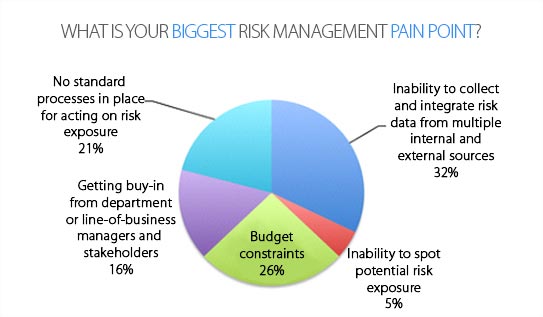all information stored and quickly accessible in an efficient way.
all staff work to the guidelines laid down in standard operating procedures and safe working practices.
trained staff familiar with the procedures. create inclusive awareness and a sense of ownership.
allows for the intergration of: strategies, risk-management and assurance in one location.
staff will have a mature and capable systematic approach to managing safety whilst becoming more resilient to unexpected or unidentifiable risks.
